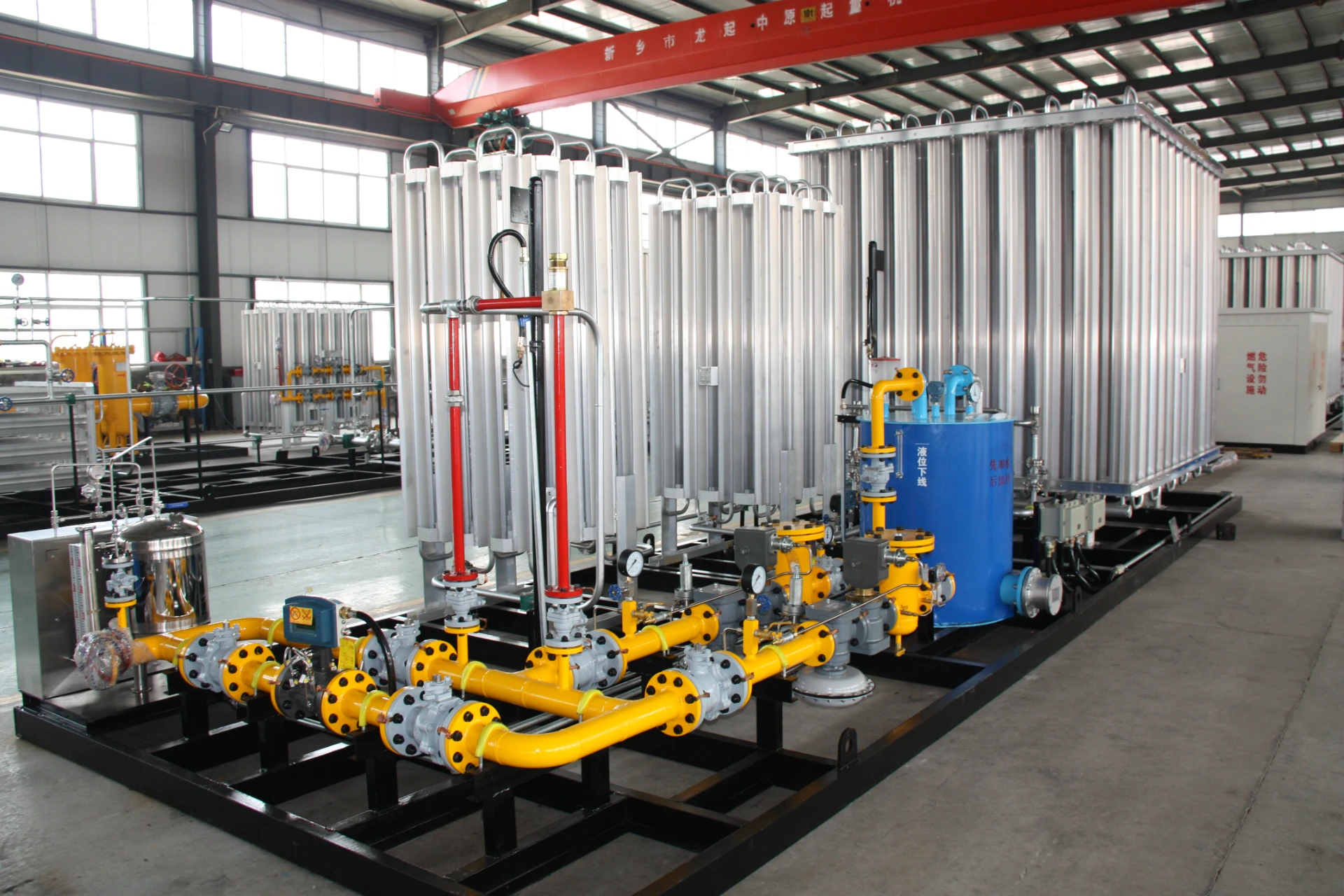
Nov . 23, 2024 18:35
Back to list
lng
Understanding LNG The Future of Energy
Liquefied Natural Gas (LNG) has emerged as a crucial component in the global energy landscape. As the world becomes increasingly aware of the need for cleaner energy sources, LNG is gaining attention due to its potential to reduce carbon emissions while meeting the world’s growing energy demands. This article explores what LNG is, its benefits, challenges, and its role in shaping a sustainable energy future.
LNG is natural gas that has been cooled to a liquid state at about -162 degrees Celsius (-260 degrees Fahrenheit). This process reduces its volume to approximately 1/600th of its gaseous form, making it easier and more economical to store and transport, especially over long distances where pipelines are not feasible. Once it reaches its destination, LNG can be regasified and distributed through pipelines for use in electricity generation, heating, and as a feedstock for various industrial processes.
.
Moreover, LNG can enhance energy security. Many nations rely heavily on energy imports, and having access to LNG supplies from multiple countries can mitigate risks associated with geopolitical tensions and supply disruptions. This diversification of energy sources allows countries to stabilize their energy prices and secure their energy needs more effectively.
lng

However, the growth of the LNG market is not without its challenges. The infrastructure required for LNG production, storage, and transportation is capital-intensive and complex. Building LNG terminals and capturing specific logistics for liquefaction and regasification processes can take years and will require significant investment. Additionally, while LNG is cleaner than other fossil fuels, it is still a hydrocarbon, and its extraction and transportation can result in methane leaks, a potent greenhouse gas.
Another concern is the increasing competition for LNG in the global market. As more countries invest in natural gas, ensuring a stable and fair pricing structure will be critical. The rapid expansion of LNG supply is leading to a more interconnected global energy market, but this also creates vulnerabilities that need to be managed carefully.
Despite these challenges, the outlook for LNG remains positive. As more governments and industries push for cleaner energy solutions, LNG is poised to play a vital role in the energy transition. It acts as a bridge fuel, helping to transition from the more carbon-intensive fuels towards a future dominated by renewable energy sources.
In conclusion, LNG is an essential player in today’s energy sector, providing a cleaner alternative to traditional fossil fuels while enhancing energy security. As the world continues to evolve, investing in LNG infrastructure and technology development will be crucial in promoting a sustainable and secure energy future for generations to come.
Latest news
-
Safety Valve Spring-Loaded Design Overpressure ProtectionNewsJul.25,2025
-
Precision Voltage Regulator AC5 Accuracy Grade PerformanceNewsJul.25,2025
-
Natural Gas Pressure Regulating Skid Industrial Pipeline ApplicationsNewsJul.25,2025
-
Natural Gas Filter Stainless Steel Mesh Element DesignNewsJul.25,2025
-
Gas Pressure Regulator Valve Direct-Acting Spring-Loaded DesignNewsJul.25,2025
-
Decompression Equipment Multi-Stage Heat Exchange System DesignNewsJul.25,2025

